Getting signed by a record label is a dream come true for many aspiring musicians, but it requires more than just talent. In today’s competitive music industry, it’s important to stand out, especially if you want to get signed. Whether you’re an independent artist or part of a band, understanding what record labels are looking for can significantly increase your chances of getting noticed.
In this blog, we will explore key steps to help you navigate the journey towards landing that dream record deal.
![]()
What is a record label?
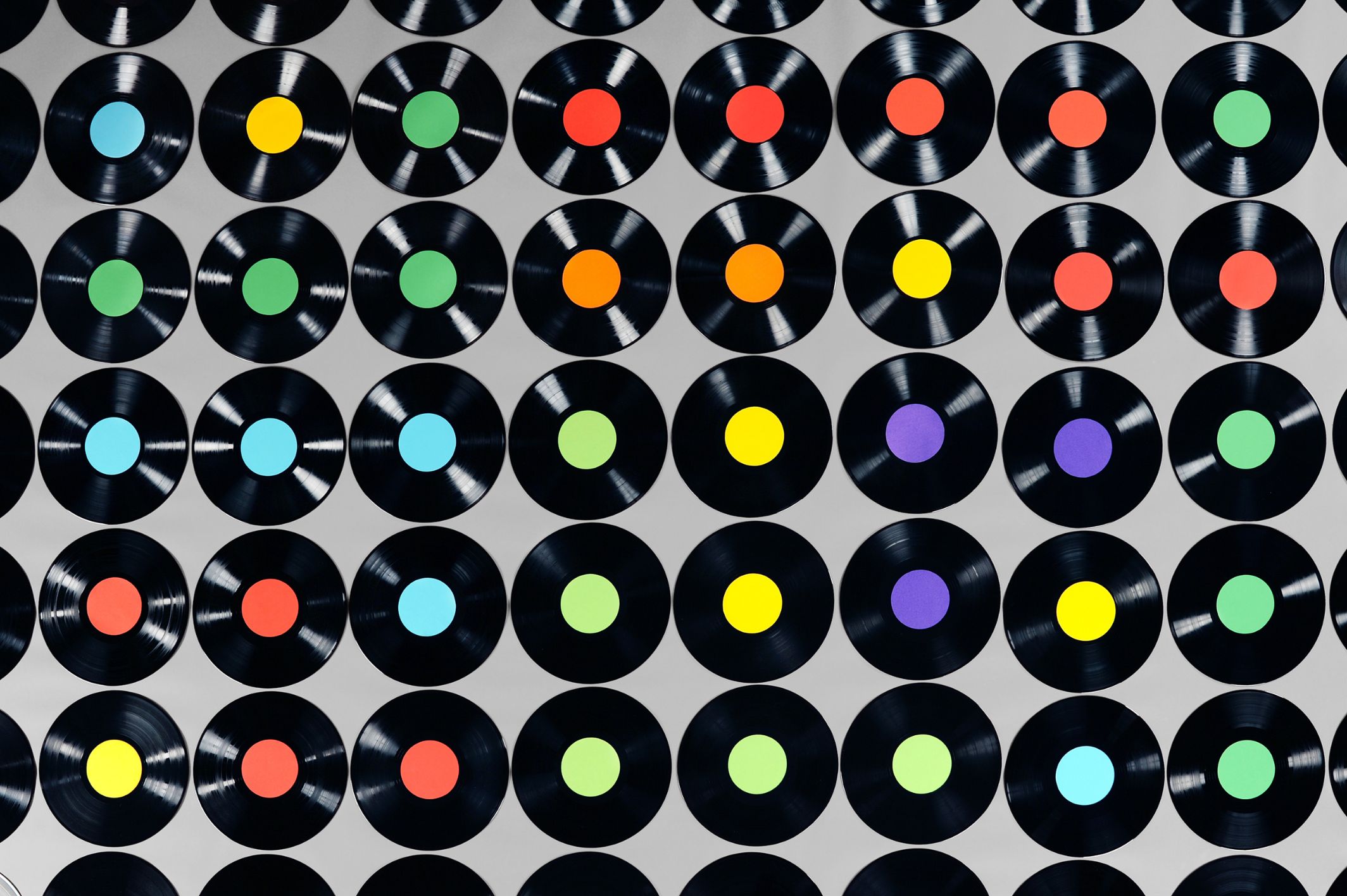
A record label is a company that signs and promotes musical artists, helping them to produce, distribute, and market their music. Labels can provide resources such as studio time, production, and funding to create albums. They often also handle promotion, public relations, and distribution across platforms like streaming services, radio, and physical sales.
You may wonder how record labels make money. Well, labels typically take a percentage of the artist’s revenue and may also own the rights to the music. Major labels have extensive networks and large budgets, while independent labels offer more creative control and often focus on niche markets or emerging artists.
![]()
What are the benefits of owning a record label?

Owning a record label has several key benefits, for example, having the creative control to curate the music, shape trends, and support artists who fit your vision. Similarly, it’s a great way to network and make industry connections which can grow your influence.
It can also be a good source of income as you can gain revenue from record sales, streaming, licensing, and merchandise, all while owning music rights. You can also own master recordings for long-term royalty income.
Another benefit is that it gives you the flexibility to expand into publishing, management, and international markets.
![]()
Are record labels still relevant?

Yes, record labels are still relevant, but their role has evolved. In today’s digital age, artists can distribute and promote their own music independently through streaming platforms and social media, reducing the traditional reliance on labels.
However, record labels remain important for many artists as they offer funding, industry connections, global promotion, and expertise in branding, PR and legal agreements.
![]()
How can I get signed to a record label?

Getting signed to a record label may feel daunting, but we’ve put together these steps to help guide you and give you the best chance of getting noticed:
1) Develop your music and brand
Perfect your craft and make sure your personal brand is authentic and reflects your identity and beliefs as an artist.
2) Build an online presence
Social media is a powerful tool and a great way to build your audience. Make sure to share your music on platforms like Instagram, TikTok, YouTube and SoundCloud.
3) Grow your audience
Engage with your audience through live performances, collaborations and general interactions. Similarly, build local support by playing gigs, open mics, and local festivals.
4) Network
Attend music industry events, workshops, and seminars and while you’re there connect with producers, managers, and other artists who can help introduce your music to labels.
5) Create an EPK (Electronic Press Kit)
Make sure it iIncludes your best songs, a short biography, some high-quality photos, music videos, and up to date contact information.
6) Send demos to labels
Research labels which align with your genre and audience and follow their submission instructions (don’t worry, we’ll discuss this more below!).
And remember, consistency, perseverance, and building relationships are key to getting noticed by a label. Don’t be discouraged if you don’t hear back from labels at first, they receive a high number of submissions and it’s important to keep going!
![]()
Can you send music to record labels?
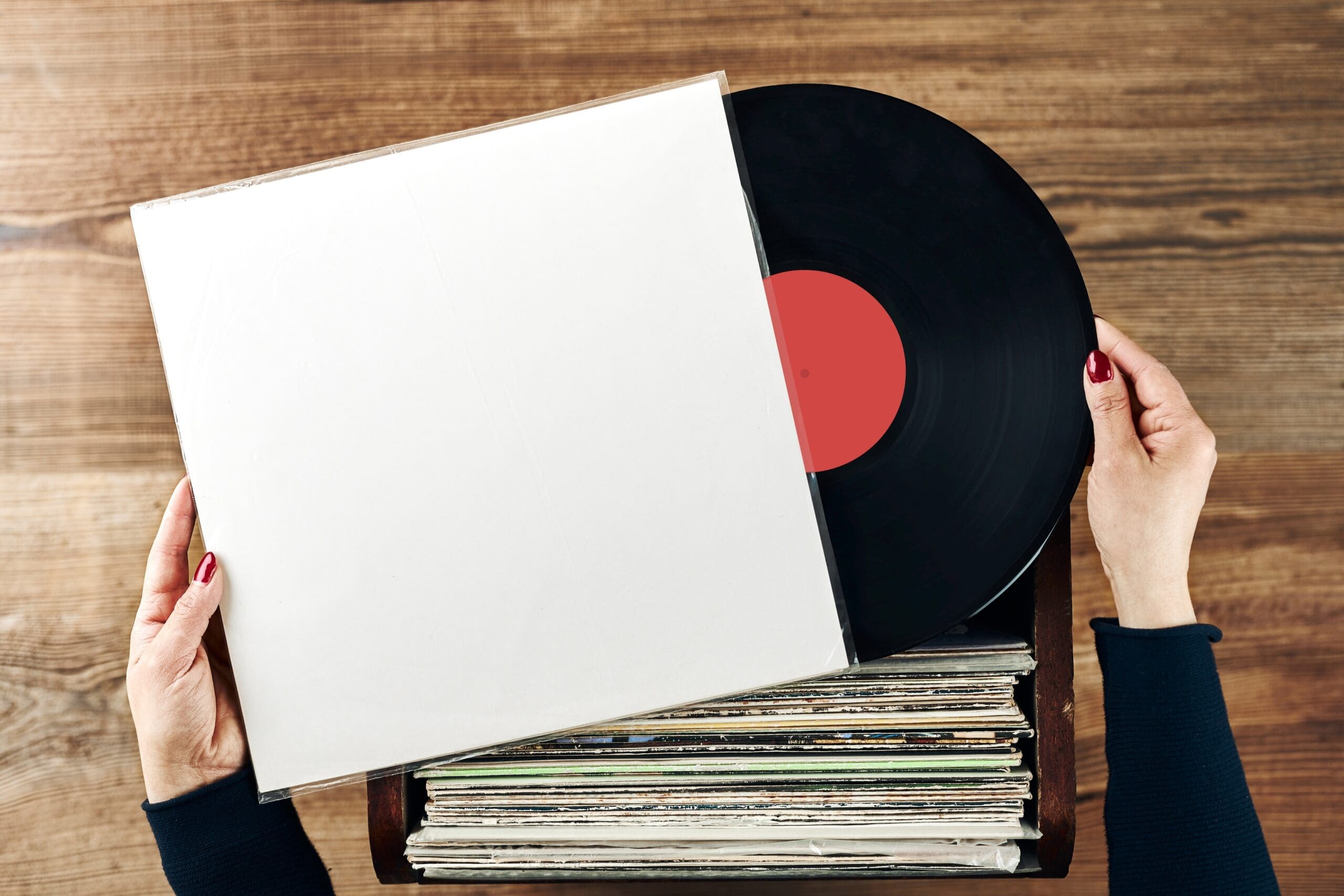
Yes, of course! But it’s important to do this strategically. Start by finding labels which align with your style and genre and target independent (or major) labels which have signed artists who are similar to you. Each label will have their own submission guidelines, usually found on their website, and it’s important to follow these guidelines for a better chance of success.
Then, your submission will be reviewed to determine if it aligns with the label’s brand, sound, and marketability. If the label is interested, they will contact you for more information. If they aren’t interested, you may not receive any response at all as many labels don’t provide feedback due to the high volume of submissions.
![]()
Do artists need record labels?
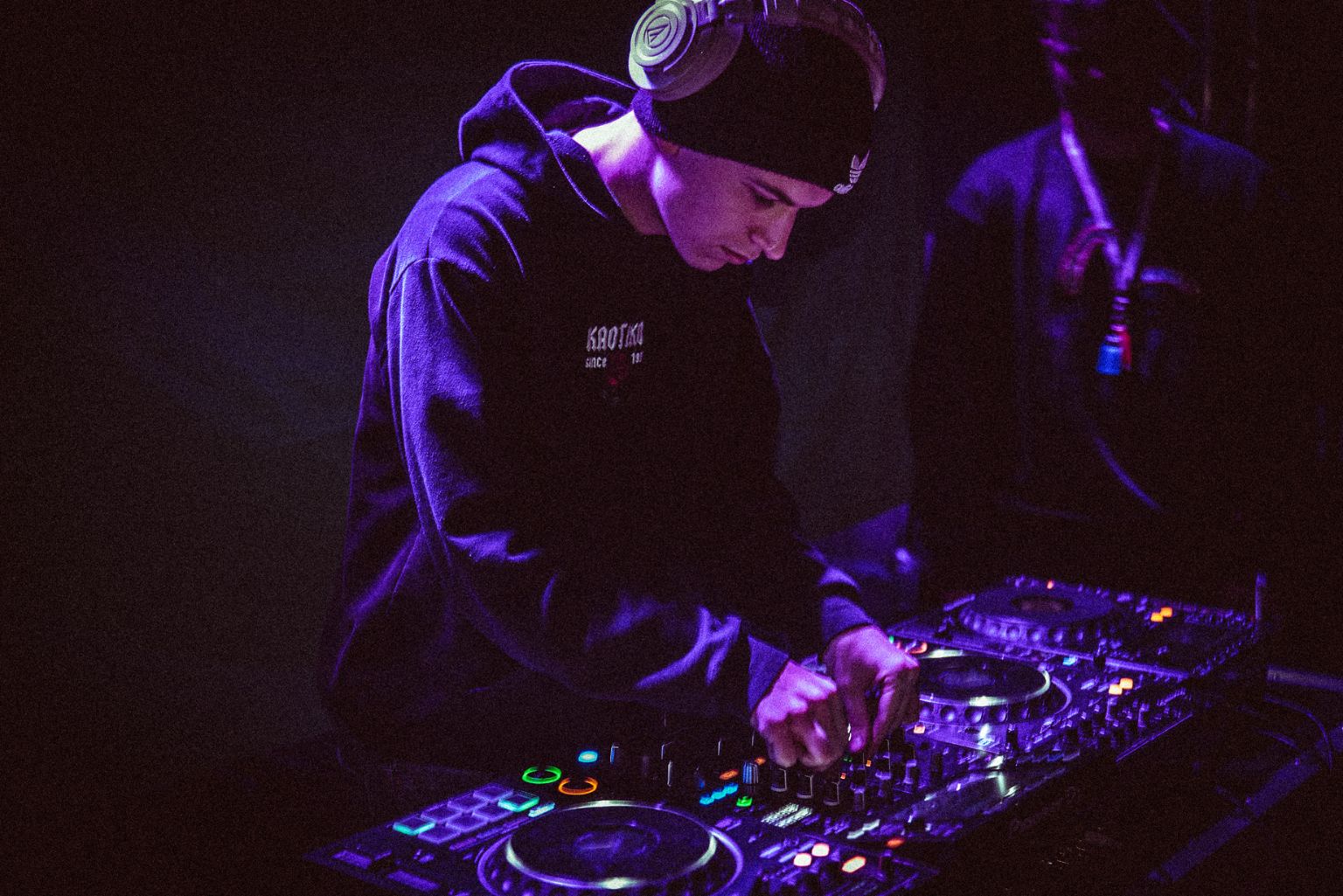
No, artists do not necessarily need record labels in today’s music industry, although labels can provide many benefits. Here’s a breakdown of both sides.
Why Artists Don’t Need Labels

1) Independence
Artists retain full creative control and rights to their own music.
2) Direct Distribution
Platforms like Spotify, Apple Music, and YouTube allow artists to release their music directly to their audience.
3) Social Media
Artists can build their audience and promote music without label backing using popular social media platforms like Instagram and TikTok.
4) More Revenue
Without a label, artists keep a larger share of their earnings.
Why Artists May Benefit from Labels
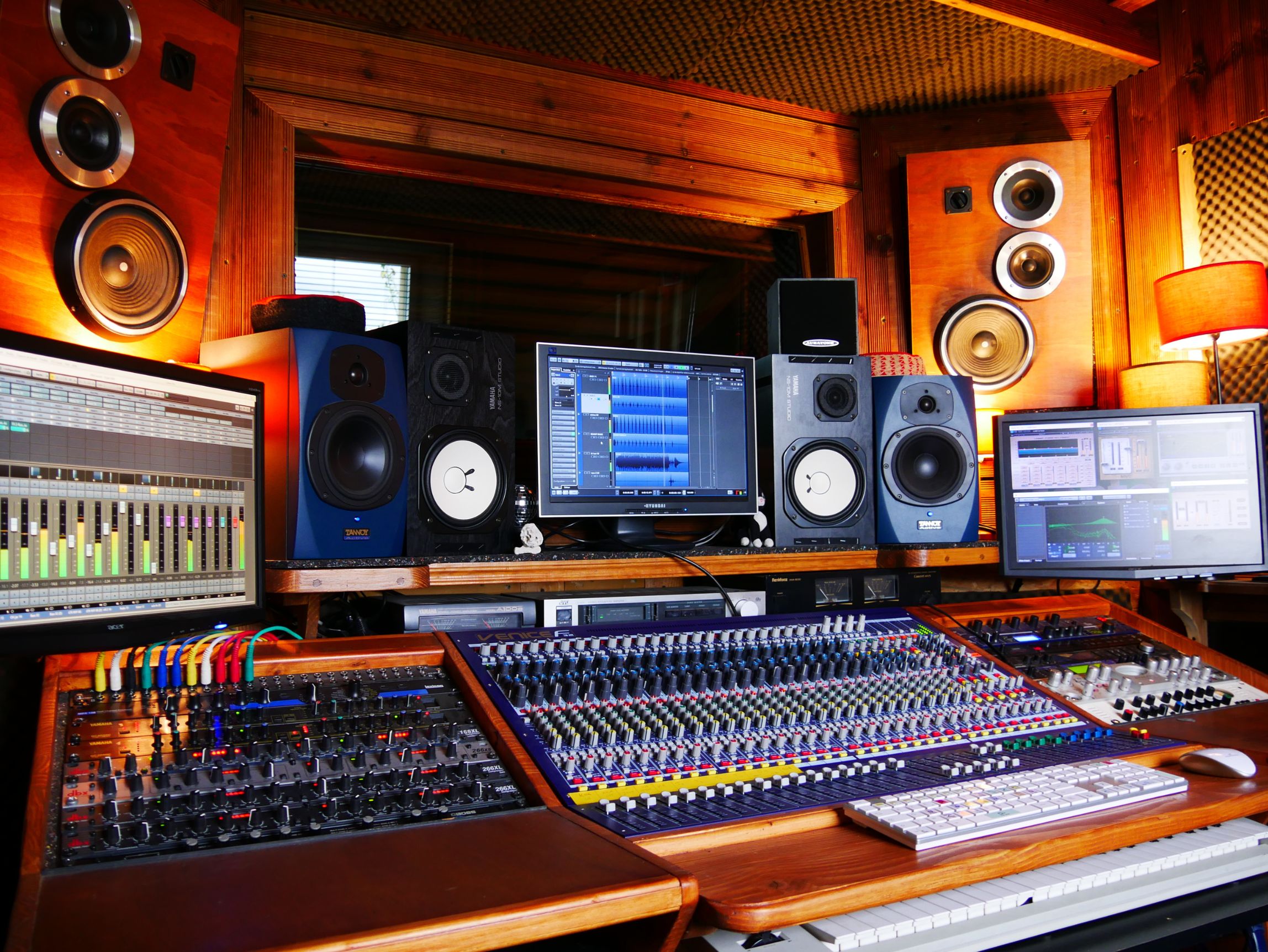
1) Funding
Labels can provide financial support for recording, marketing, and even touring.
2) Marketing and Promotion
Labels have established networks to promote artists on a much larger scale.
3) Industry Connections
Labels usually have access to high-profile producers, collaborators, and distribution channels to gain a wider audience.
4) Global Reach
Major labels have the infrastructure for global tours, more media coverage, and promotions.
Many successful artists thrive independently and are successful, but record labels are still a good option as they offer significant resources for artists who are aiming for large-scale success.
![]()
Where can I study music?
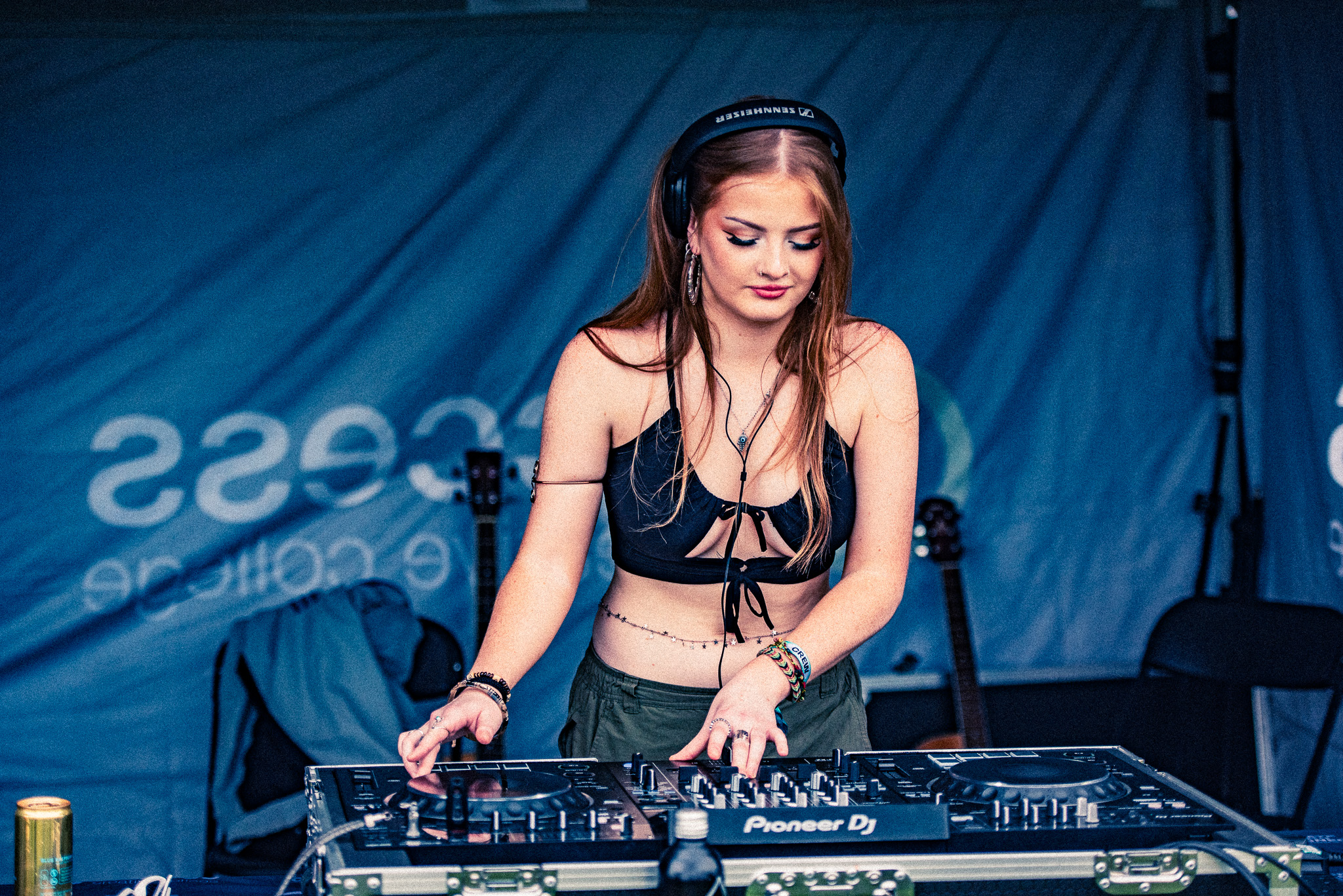
If you fancy a career in the music industry, then look no further! Access Creative College (ACC) is the perfect place to start your journey. After all, music is where ACC first started and we have plenty of different music courses available.
Our courses are designed to align with the current demands of the music industry and our curriculum is built around real-world skills and industry-standard software and equipment. Our music students are taught to perfect their craft and then put it out to the world – by being given the unique opportunities to perform and work behind the scenes at some of the UK’s biggest music festivals!
And don’t just take our word for it, we have taught some of the biggest names in the music industry, check out our incredible list of alumni here.
Don’t worry, there is still time to apply now for September 2024!
- The History of Filmmaking: From the First Film to Modern CGI Effects - December 18, 2024
- 10 Ideas for the best gaming desk setup in 2025 - December 13, 2024
- Top 20 Christmas Songs Ever Made - December 10, 2024